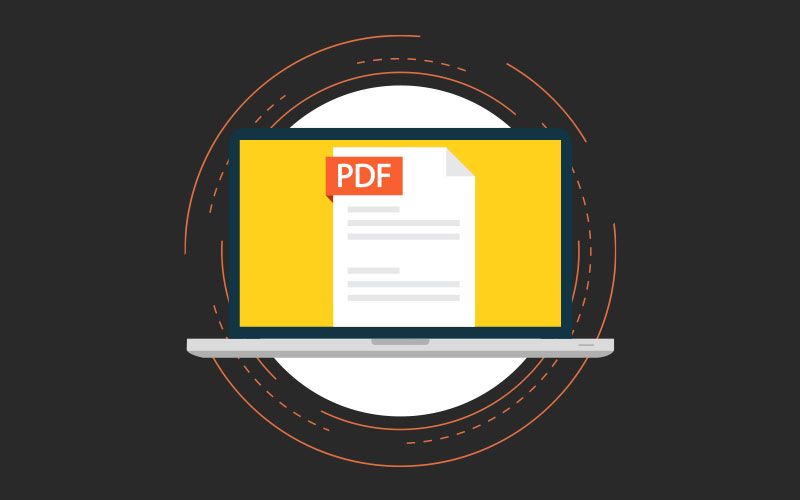Google Ads is already a perplexing platform as it stands. But in the coming weeks, it’s about to become even more lax with respect to keyword match types.
Piggybacking on changes to exact match last fall, Google is now extending same-meaning close variants to both phrase match and broad match modifier.
Essentially what this means is that Google will match a query if it determines the query has the same intent as the keyword. A couple examples are “lawn” and “grass,” “couch” and “sofa,” or “company” and “agency.”
So while you might be bidding on a phrase like “landscaping services near me,” it’s possible Google will show your ad for a query like “lawn care services in my area.” That’s modest example, as the outcome may not be as desirable as it’s made out to seem.
Why Google? Why?
Google emphasizes this change as a means to help advertisers “reach more of the right customers with phrase match and broad match modifiers.” According to Google, user queries are continuously evolving and its machine learning has progressed to the point where it can bridge the gap for advertisers. Largely driven by voice search and long-tail queries, Google claims 15% of daily searches are entirely new — and advertisers can miss out on these queries if keyword matching is too tightly focused.
However, for some advertisers who live and breathe diligent keyword research, precision targeting, and strategic use of match types, the idea of extending same-meaning close variants to all match types is more of a disruptive annoyance than a helpful hand. Why? Let’s put it into context.
Putting Context to Same-Meaning Close Variants Into Context
So what exactly can advertisers expect with the new changes ahead? Essentially, phrase match and broad match modifier will soon match to same meaning queries. Here’s some context behind each of those match types and what this all means.
Broad Match Modifier
Broad Match Modifier – which is an efficient means to cast a wider net on relevant search users – can match to queries in any word order. In the past, close variants of this match type have included misspellings, singular-plural differences, abbreviations, accents, and stemmings. With the new changes ahead, it will also include same meaning queries.
The following example from Google provides context of the new close variants matching mechanism. Notice how +mowing is extended to match with “grass cutting” and “cut your grass.”

Learn more about how to set up broad match modifier, such iterations of this match type to extend phrase and exact match bidding.
Phrase Match
With Phrase Match, word order will still be respected, however queries can trigger ads based on same-meaning words. Another lawn care example from Google aligns queries like “lawn mowing” to match with “lawn cutting” and “grass cutting.”

Google claims advertisers using phrase and broad match modifier can expect to see 3-4% more clicks and conversions from those keywords, and 85% of those clicks stemming from queries not currently being covered.
How to Adapt and Thrive
Although Google plays-up the foreseeable changes as a positive thing with fruitful benefits, any good PPC advertiser will anticipate an influx of unwanted impressions and clicks.
One of the best ways to mitigate that is using negative keywords. These are queries that can be included in any given campaign or ad group to prevent your ads from showing.
At Captivate, we find negative keyword research to be just an integral as conventional keyword research. And the processes can be done simultaneously. For instance, when doing keyword research for a chiropractor, we can often pinpoint several of unwanted variations to include as negatives, like jobs, careers, training, colleges, internships, salary, etc. – all the potential queries that don’t match the type of users we’re after.
Between relentless negative keywords and continuing to use match types in a precise, strategic manner, we can buffer the breadth of same-meaning close variants.
How do you feel about these changes? We’d love to hear your thoughts and ideas surrounding same-meaning close variants and the changes ahead.
















